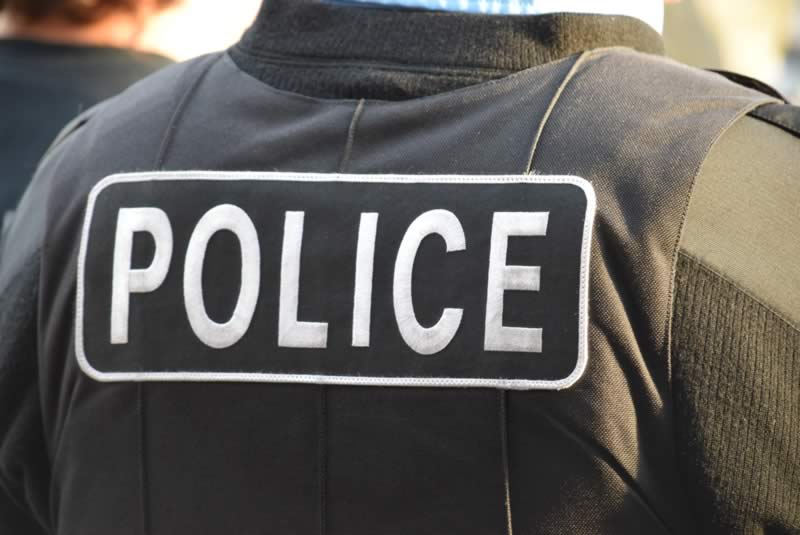
Chicago, IL-(ENEWSPF)- The new policy does not give law enforcement much time to adjust. Effective December 16, a new policy for law enforcement partners will be implemented in Cook County to increase accountability in requesting and executing search warrants. The Cook County State’s Attorney’s Office (CCSAO) made the announcement today. The new search warrant guidance for law enforcement will improve communication amongst law enforcement stakeholders and safeguard the integrity of cases, allowing the CCSAO to understand better the accuracy of information provided by police and informants and protect residents from inappropriate intrusion.
“The intrusion that search warrants legally authorize justifies greater disclosure and transparency to ensure that a search warrant is carried out on the correct individual and location,” said State’s Attorney Kim Foxx. “Going forward to receive our signoff, the Cook County State’s Attorney’s Office will require law enforcement to submit to increased checks of the information provided to request search warrants and then disclose the outcome of the warrant. The new process will help us better understand if the evidence obtained justified using a search warrant.”
A search warrant authorizes law enforcement officers to search a pre-determined person or place for criminal evidence. Law enforcement officers pursuing a search warrant may request that an Assistant State’s Attorney (ASA) review the search warrant to gauge whether the facts as alleged establish “probable cause” to search. If the ASA determines that sufficient probable cause exists to justify the warrant, the search warrant is approved, and the law enforcement officer presents the warrant to a judge for authorization. If authorized by a judge, law enforcement has 96 hours to execute the search.
The new CCSAO search warrant policy requires law enforcement to follow up on the outcome of the search warrant, including whether it was signed by a judge and then carried out by law enforcement. If carried out, law enforcement must disclose any items seized and/or arrests made due to the search warrant. Police officers not in compliance with the CCSAO policy within 45 days of the approval of the search warrant will be unable to have the CCSAO review additional search warrants submitted by the officer until the officer complies with the police regarding the previous warrant.
The CCSAO has created a new search warrant digital database that will follow search warrant requests throughout the process, including the details presented for issuance, whether it was carried out, and the evidence found. The data collected will provide the Office with a more accurate representation of the reliability of the information provided when a search warrant is requested and the accuracy of the locations chosen. These insights will allow the CCSAO to better assess search warrants for probable cause and protect the integrity of cases and residents.
“Our commitment to addressing the inequities in the justice system requires regular examination of the practices and tools used to protect public safety,” said Matthew Saniie, CCSAO’s Chief Data Officer. “This new database will provide us an indicator of search warrant integrity that we have not been able to measure previously and help to create greater transparency with the community.”
The CCSAO started the review of its search warrant policy in response to evidence of a search warrant location not being fully vetted, resulting in the wrong location being raided.
The search warrant guidance goes into effect Friday, December 16.









